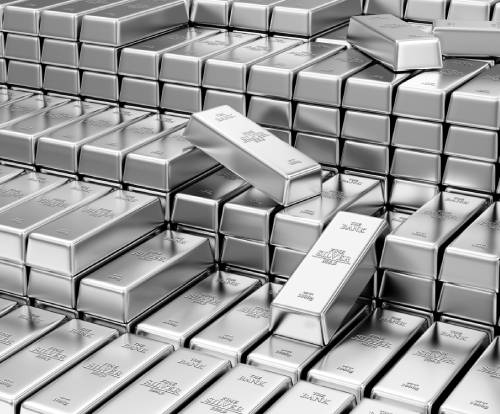Oil corporations are making ₹10 per liter on petrol sales, but retail prices haven’t dropped to make up for earlier losses and a ₹6.50 per liter loss on diesel, a report said. The prices of petrol and diesel have not been updated by state-owned IOC, BPCL, and HPCL in pace with inflation for the past 15 months. While oil prices are low, they can make up for losses incurred when interest rates were high. “After record-high losses of ₹17.4 per liter on gasoline and ₹27.7 per liter on diesel for the week ended June 24, 2022, margins for gasoline are estimated at a positive ₹10 per liter for Q3 (October-December 2022), while diesel losses have also probably shrunk to ₹1.6.5 per liter for the same quarter,” ICICI Securities said in a report.
Despite input crude oil prices increasing from ₹102.97 per barrel that month to ₹116.01 in June and declining to ₹78.09 this month, the three fuel retailers have not altered the prices of gasoline and diesel since April 6, 2022. Despite accounting for a 22,000 crore LPG subsidy that had been announced but not yet paid, they reported a total net loss of 21,201.18 crores from April to September.”We do anticipate operating earnings for the three businesses would likely swing back to the black despite the record loss experienced in Q2,” ICICI Securities said.
“Coupled with gross refining margins (GRMs) of $10.5 12.4 per barrel (net of windfall tax and estimated inventory loss).”For IOC, BPCL, and HPCL in the quarter of October to December, it was projected that EBITDA would be ₹2,400 crores, ₹1,800 crores, and ₹800 crores, respectively. But ultimately, they might record losses. While HPCL may record a loss of ₹600 crores, IOC may end up with a net loss of ₹1,300 crores. According to it, BPCL might turn a profit.
International oil prices began to decline at the beginning of the pandemic in 2020 and began to fluctuate wildly in 2022, reaching a 14-year high of almost $140 per barrel in March 2022 after Russia invaded Ukraine before falling due to weaker demand from top importer China and concerns about an economic slowdown. The increase in prices contributed to already firming inflation and slowed down the pandemic’s economic recovery. Thus, in early November 2021, the prices of petrol and diesel were frozen by the fuel retailers, who together account for almost 90% of the market.

